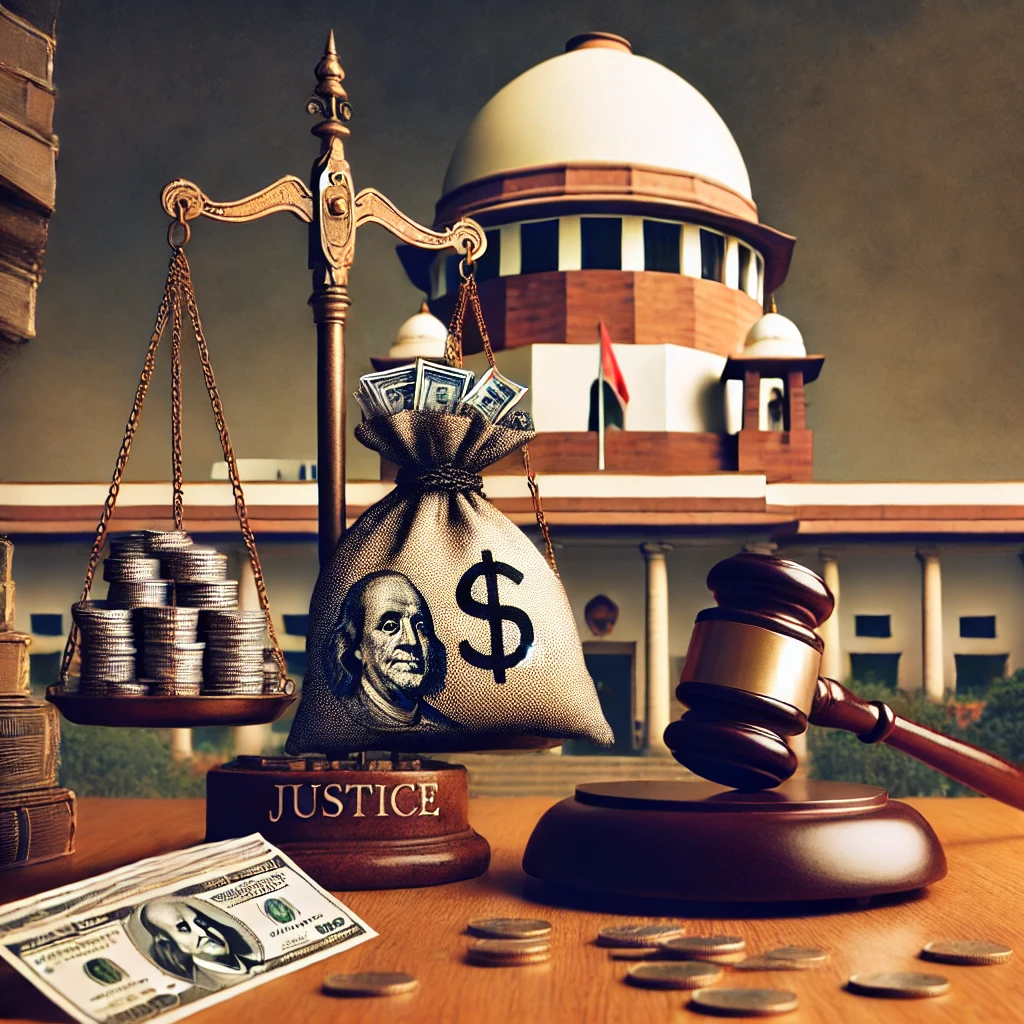Finance Law in Western Sahara
Finance Law in Western Sahara
Western Sahara is a disputed territory in North Africa, with its status as a sovereign state being contested. It is primarily claimed by Morocco, though the Sahrawi Arab Democratic Republic (SADR), which is led by the Polisario Front, also claims sovereignty over the region. Due to the ongoing conflict and the complex political situation, Western Sahara does not have a comprehensive or fully developed national financial and legal system.
However, the legal and financial framework in the territory largely reflects the administrative policies of the parties controlling different areas of Western Sahara. These include Morocco, which controls the majority of the region, and the Sahrawi Arab Democratic Republic (SADR), which governs the areas controlled by the Polisario Front.
Key Aspects of Finance Law in Western Sahara
1. Legal Framework
- Moroccan Law: Since Morocco controls the majority of Western Sahara, Moroccan law is widely applied in areas under its control. This includes the Moroccan legal framework for finance, taxation, and business regulation.
- Sahrawi Arab Democratic Republic (SADR): The SADR operates under a separate legal system, but it does not have full international recognition and operates in exile. The SADR has developed its own set of regulations, but due to the limited territorial control, these laws are not widely enforced in the region.
- International Law: The status of Western Sahara is subject to ongoing disputes under international law, particularly regarding the right to self-determination. The United Nations has yet to recognize Moroccan sovereignty over Western Sahara, and the territory is considered by the UN as a non-self-governing territory.
2. Banking and Financial Services
The financial system in Western Sahara is largely influenced by the country or authority exercising control over its regions.
Under Moroccan Control: In Moroccan-controlled areas, the Moroccan banking system governs financial activities. Financial institutions operating here are subject to the regulations of Morocco's central bank, the Bank Al-Maghrib. This includes the banking system, financial transactions, and monetary policy.
- Currency: The currency used is the Moroccan Dirham (MAD), and financial transactions, including payments, savings, and loans, follow Moroccan banking laws and practices.
- Regulation: Banks in the region must comply with Moroccan regulations, including anti-money laundering (AML) measures and consumer protection laws as set out by the Moroccan Financial Market Authority (AMMC).
Under SADR Control: The SADR operates in the refugee camps in Algeria and areas under Polisario control. It does not have a fully functional banking system due to the lack of formal governance in the territory.
- Financial Institutions: The SADR has made efforts to establish financial systems within the refugee camps, with support from international NGOs and certain Arab countries, but there is no independent or stable financial sector in these areas.
3. Taxation and Fiscal Policy
Under Moroccan Control: Moroccan tax law applies in the areas of Western Sahara controlled by Morocco. This includes corporate taxes, personal income taxes, and other forms of taxation as per the Moroccan system.
- Corporate Tax: The corporate income tax rate in Morocco is generally 30%, though special incentives may apply to certain sectors, such as mining or manufacturing.
- Personal Income Tax: Morocco applies a progressive tax system to personal income, ranging from 0% to 38%. These rates are also applicable to residents in Moroccan-controlled Western Sahara.
- Value-Added Tax (VAT): The VAT in Morocco is 20%, with exemptions for certain goods and services. This system also applies to businesses operating in Moroccan-controlled areas of Western Sahara.
Under SADR Control: The taxation system in areas controlled by the SADR is not fully developed or formalized. The SADR operates under a limited fiscal structure due to the lack of territory control and reliance on foreign aid and remittances. The SADR relies heavily on external assistance, especially from countries like Algeria, to support its governance and basic public services.
4. Business Law and Investment
Under Moroccan Control: In areas under Moroccan control, businesses are subject to Moroccan business law, which is governed by regulations that encourage foreign direct investment (FDI) in the region.
- Investment Incentives: Morocco offers various incentives for businesses investing in Western Sahara, particularly in sectors such as mining, agriculture, and renewable energy. These incentives include tax breaks, subsidies, and exemptions on import duties for certain industries.
- Foreign Ownership: Foreign investors are allowed to own businesses in Moroccan-controlled Western Sahara, subject to Moroccan business laws. However, the political dispute over the region’s status means that international recognition of business contracts and investments can be complicated.
Under SADR Control: The SADR operates with very limited resources, and its business environment is highly informal, with most economic activity centered around the refugee camps. While there is no established legal framework for business operations, local businesses are often funded by diaspora remittances, international NGOs, and aid from sympathetic states.
5. Natural Resources and Extractive Industries
Under Moroccan Control: Morocco’s control of the majority of Western Sahara includes significant natural resources, especially phosphate deposits, fishing, and potentially oil and gas reserves. Morocco has established mining operations and other resource extraction industries in the region.
- Phosphate Mining: Western Sahara is home to some of the world’s largest phosphate reserves, and Morocco has heavily invested in their extraction. Morocco’s state-owned OCP Group operates phosphate mining activities in the region, which has raised legal and ethical concerns regarding the exploitation of natural resources in a non-self-governing territory.
- Fishing and Oil Exploration: Morocco also exploits the fishing industry in Western Sahara’s coastal waters and has been involved in exploring potential oil and gas resources. These activities are often contested by the Polisario Front and the SADR, which argue that the extraction of resources without the consent of the Sahrawi people violates international law.
Under SADR Control: The SADR claims sovereignty over Western Sahara’s natural resources, but due to its limited territorial control, it does not have a functioning system to manage these resources. The SADR has protested against the exploitation of resources by Morocco and calls for a fairer distribution of wealth.
6. International Relations and Finance
- Moroccan-Controlled Areas: The Moroccan government has sought to integrate Western Sahara into the Moroccan economy, including through participation in international trade agreements and financial institutions such as the African Union (AU), the World Trade Organization (WTO), and other regional bodies.
- International Aid to SADR: The SADR receives significant support from Algeria, some other African nations, and international organizations. This support helps fund the running of refugee camps and some basic services under the control of the Polisario Front.
Conclusion
The financial and legal framework in Western Sahara is complex and largely dependent on the control of the region by Morocco and the SADR. In Moroccan-controlled areas, financial regulations, taxation, and business laws are aligned with Moroccan national laws, while the SADR’s areas of control operate with very limited financial and legal infrastructure due to the ongoing political situation.
The key issues surrounding finance law in Western Sahara include the legality of resource extraction by Morocco, the status of businesses and investments in the region, and the political instability that affects the region's ability to establish a coherent financial system. International recognition of Western Sahara's political status remains central to the development of a stable and unified legal and financial system.




























0 comments